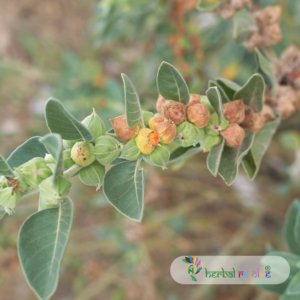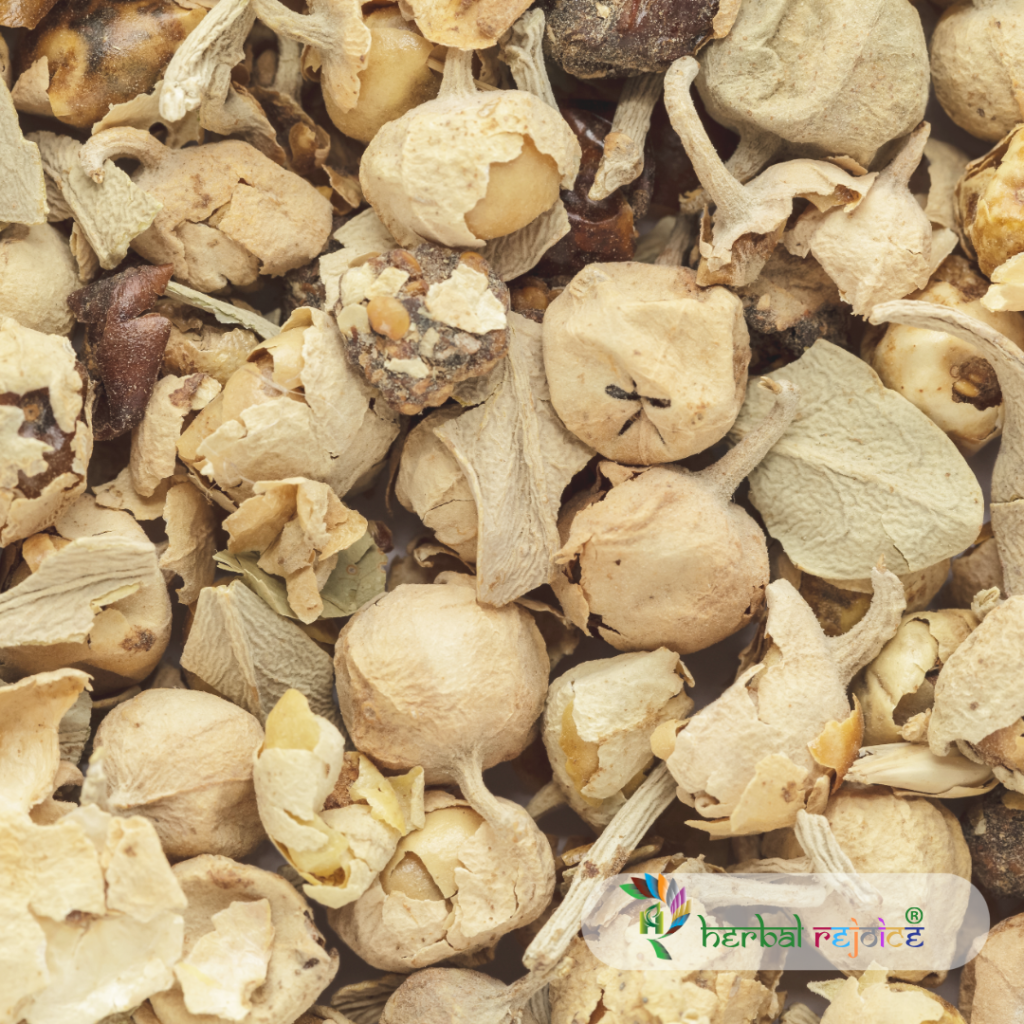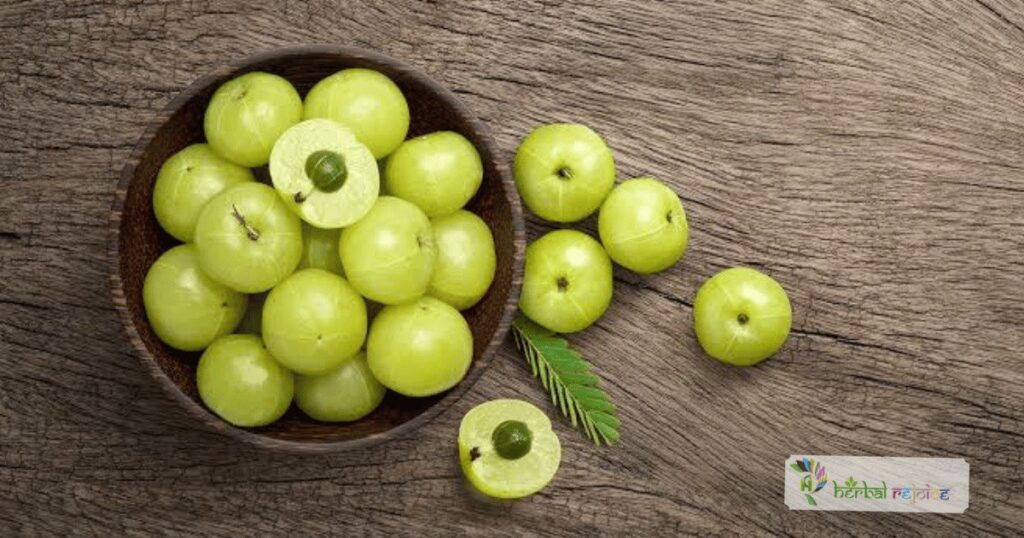Introduction:
Vegetable Rennet, scientifically known as Withania coagulans Dunal, is a medicinal plant that belongs to the Solanaceae family. It is native to drier regions of Punjab, Gujarat, Simla, and Kumaon. This plant, also referred to as Indian Cheese-maker, has been widely used in traditional medicine systems like Unani, Siddha, and Tamil for its various health benefits. In this article, we will explore the therapeutic actions of Vegetable Rennet and its potential uses in promoting liver health, digestion, and overall well-being.
Therapeutic Actions:
Vegetable Rennet exhibits several therapeutic actions, including alterative, emetic, diuretic, sedative, CNS depressant, antibilious, antiasthmatic, anti-inflammatory, carminative, depurative, febrifuge, anti-emetic, anti-inflammatory, diuretic, and emmenagogue properties. These actions make it a versatile medicinal plant with a wide range of health benefits.

Traditional Uses:
Native to India, Vegetable Rennet has a long history of use in various traditional medicine systems. In Unani medicine, it is known as Desi Asgandh, Kaaknaj-eHindi, Paneer, Paneer-band. The plant’s ripe fruits are used to relieve chronic liver troubles and strangury, while the dried fruits are employed to treat dyspepsia, flatulence, and strangury. In Siddha/Tamil medicine, it is known as Ammukkura and is considered an alterative and febrifuge. Furthermore, the seeds are used as an anti-inflammatory, emetic, diuretic, and emmenagogue.
Chemical Composition:
The berries of Vegetable Rennet contain several bioactive compounds, including a milk-coagulating enzyme, esterases, free amino acids, fatty oil, essential oil, and alkaloids. The amino acid composition of the berries is similar to that of papain, a well-known proteolytic enzyme. The essential oil derived from the plant has shown antimicrobial properties against Micrococcus pyogenes var. aureus and Vibro cholerae, as well as anthelmintic activity. Additionally, withanolides like withacoagin, coagulan, withasomidienone, and withaferin have been isolated from the plant, which exhibit various pharmacological activities.
Health Benefits:
1. Liver Health: Vegetable Rennet has significant hepatoprotective activity, helping protect the liver from damage caused by toxins and free radicals. The compound 3beta-hydroxy-2,3-dihydrowithanolide E, found in the fruit, has shown promising hepatoprotective and anti-inflammatory properties, similar to hydrocortisone. Regular consumption of Vegetable Rennet can support overall liver health and function.
2. Digestive Health: The carminative and depurative properties of dried fruits make them effective in relieving dyspepsia, flatulence, and strangury. Vegetable Rennet can regulate digestion, reduce bloating, and improve overall gastrointestinal health.
3. Anti-Inflammatory Activity: Vegetable Rennet contains various bioactive compounds that possess anti-inflammatory properties. This makes it beneficial for reducing inflammation in conditions like arthritis, allergies, and other inflammatory disorders.
4. Antimicrobial Effects: The ethanolic extract of the fruit has shown antifungal properties, while the extracts from the leaves and stem exhibit antibacterial activity. Vegetable Rennet can be used to support the immune system and fight against harmful bacteria and fungi.
Conclusion:
Vegetable Rennet (Withania coagulans Dunal) is a potent medicinal plant with several therapeutic actions. Its traditional uses in promoting liver health, improving digestion, and reducing inflammation have been supported by scientific research. Incorporating Vegetable Rennet into your diet or using it as a natural remedy can provide numerous health benefits. However, it is always recommended to consult a healthcare professional before using any herbal remedy for your specific condition. Embrace the power of Vegetable Rennet and improve your overall well-being.
Frequently Asked Questions
1. What is Vegetable Rennet?
Vegetable Rennet, scientifically known as Withania coagulans Dunal, is a medicinal plant that is native to drier regions of India. It is commonly referred to as Indian Cheese-maker and has been used in traditional medicine systems for its various health benefits.
2. What are the therapeutic actions of Vegetable Rennet?
Vegetable Rennet exhibits several therapeutic actions, including alterative, emetic, diuretic, sedative, CNS depressant, antibilious, antiasthmatic, anti-inflammatory, carminative, depurative, febrifuge, anti-emetic, anti-inflammatory, diuretic, and emmenagogue properties.
3. What are the traditional uses of Vegetable Rennet?
In traditional medicine systems like Unani and Siddha, Vegetable Rennet is used to treat chronic liver troubles, dyspepsia, flatulence, strangury, and as an alterative and febrifuge.
4. What is the chemical composition of Vegetable Rennet?
The berries of Vegetable Rennet contain a milk-coagulating enzyme, esterases, free amino acids, fatty oil, essential oil, alkaloids, and withanolides like withacoagin, coagulan, withasomidienone, and withaferin.
5. How does Vegetable Rennet support liver health?
Vegetable Rennet has hepatoprotective properties, protecting the liver from damage caused by toxins and free radicals. It contains a compound called 3beta-hydroxy-2,3-dihydrowithanolide E, which has shown promising hepatoprotective and anti-inflammatory properties.
6. Can Vegetable Rennet improve digestion?
Yes, Vegetable Rennet has carminative and depurative properties that help regulate digestion and relieve symptoms such as dyspepsia, flatulence, and strangury.
7. Does Vegetable Rennet have anti-inflammatory effects?
Yes, Vegetable Rennet contains bioactive compounds that possess anti-inflammatory properties. It can be beneficial for reducing inflammation in conditions like arthritis and allergies.
8. Does Vegetable Rennet have antimicrobial properties?
Yes, Vegetable Rennet has antimicrobial effects. The fruit extract has antifungal properties, while extracts from the leaves and stem exhibit antibacterial activity.
9. How can Vegetable Rennet be used to support the immune system?
Vegetable Rennet’s antimicrobial properties make it beneficial for supporting the immune system and fighting against harmful bacteria and fungi.
10. Can Vegetable Rennet be used as a natural remedy?
Yes, Vegetable Rennet can be used as a natural remedy for various health conditions. However, it is recommended to consult a healthcare professional before using it for your specific condition.
11. Is Vegetable Rennet safe for consumption?
Vegetable Rennet is generally considered safe for consumption when used in moderation. However, it is always best to consult with a healthcare professional before adding any new herbal remedy to your routine.
12. Can Vegetable Rennet be used to treat liver diseases?
Vegetable Rennet’s hepatoprotective properties make it a potential natural remedy for liver diseases. However, it is important to seek professional medical advice for proper diagnosis and treatment.
13. Can Vegetable Rennet be used by pregnant or lactating women?
Pregnant or lactating women should consult with a healthcare professional before using Vegetable Rennet, as there is limited research on its safety during these stages.
14. Is Vegetable Rennet only found in India?
Vegetable Rennet is primarily found in India, specifically in drier regions such as Punjab, Gujarat, Simla, and Kumaon.
15. Are there any known side effects of Vegetable Rennet?
While Vegetable Rennet is generally considered safe, some individuals may experience allergic reactions or digestive discomfort. It is essential to start with a small dose and monitor for any adverse effects.
16. Can Vegetable Rennet be used as a treatment for arthritis?
Vegetable Rennet’s anti-inflammatory properties may help reduce inflammation associated with arthritis. However, it is important to consult with a healthcare professional for a proper diagnosis and treatment plan


